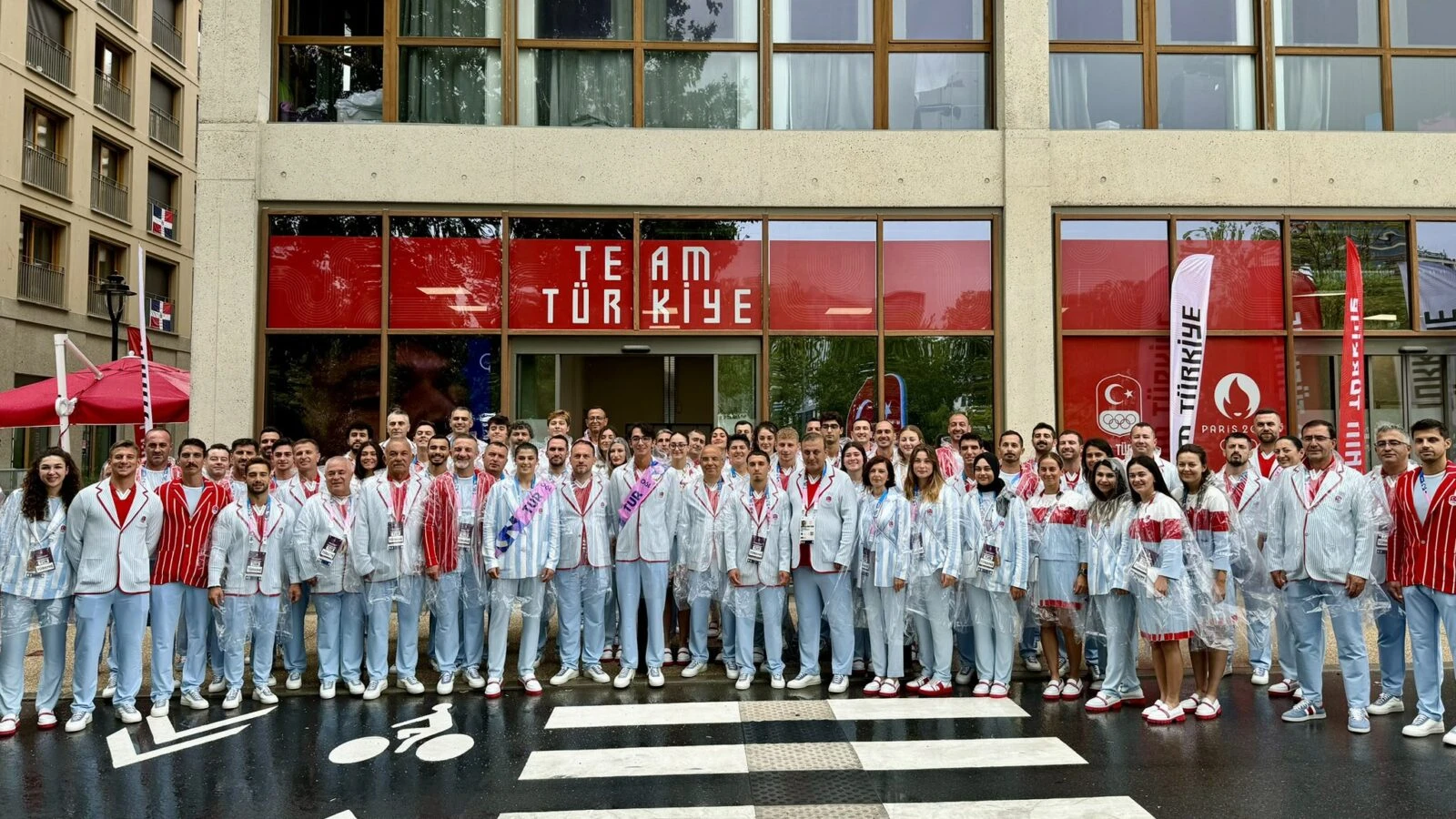Facing hardest election yet, Turkey’s Erdogan woos voters with ‘good news’
“The economy is eating into his base,” said Berk Esen, a professor of political science at Istanbul’s Sabanci University.
Last month, Erdogan eliminated a retirement age requirement, allowing more than 2 million workers to retire early and collect pensions — a measure he stridently opposed just a few years ago. “Why early retirement?” he said in November 2019, casting the benefit as a measure pushed by nefarious lobbyists, and a financial burden so massive that it had hobbled nations in Europe.
“I will not participate in anything that is to the detriment of my nation, even if it loses us an election,” he said at the time.
But so much has changed. The president and his ruling Justice and Development Party have suffered an erosion of popular support during a long economic crisis marked by spiking household prices and the collapse of the currency. The calamity has provided an opening for Erdogan’s political opponents, with opinion polls showing some opposition figures gaining a slight edge over the president in the coming election.
The balloting is viewed here as a game of inches, with voters, including disgruntled members of the president’s own base, up for grabs. Erdogan recently said the elections, including for parliament, would be held in mid-May.
The economic measures announced in the last few months — “good news,” as Erdogan has taken to calling them — have included a raise in the minimum wage to $450 a month, a doubling of the raise from the previous year. Erdogan has offered low-interest mortgages, canceled interest on student loans and touted a $10 billion support package for tradespeople.
On Monday, Erdogan said a draft bill would allow “citizens and companies” to restructure debt owed to the government, including the abolishment of small fines for taxes. The carrots are not just financial: Last week, he announced the elimination of driver’s license penalties for all but the worst infractions, such as drunken driving, saying some 10,000 suspended licenses would be restored.
But the economy “is certainly going to be the biggest issue in the upcoming election,” said Esen. “If Erdogan can think of a way to address that crisis — to convey to voters that he will save them from the economic wreckage,” he said, the president might be able to persuade disaffected members of his own base to return home — especially outside big cities, where the money would go further. Since late summer, polls have shown Erdogan’s popularity ticking up a few percentage points, Esen added, a rise he attributed to the government’s economic offerings.
For many others, though, the government’s spending spree has hardly made a dent. Nurten Caylak, 44, said the minimum wage her husband earns barely covered their rent, which has soared from about $100 a month to $300 over the past year.
“This is what Turkey is facing,” she said, as she walked to work in Istanbul’s Kurtulus neighborhood earlier this month: her first job, in a clothing shop, which she had taken to supplement the household income a few months ago. She suggested that she had voted for Erdogan and his party in the past.
“I’m voting differently in this election,” she said.
But Erdogan has been helped by his political opponents, who have failed so far to name a candidate to challenge him and provide a “clear alternative,” Esen said.
“The opposition had the chance to strike a major blow to Erdogan, but they failed to really deliver,” he added.
Turkey’s leader has also used expansive, autocratic powers to quell challenges to his rule, including a years-long government crackdown on the news media that has stifled independent reporting. Erdogan’s political opponents — including a pro-Kurdish party and one of the president’s main political rivals, Istanbul Mayor Ekrem Imamoglu — have also been targeted by state prosecutors.
In December, a Turkish court sentenced Imamoglu to prison on charges of “insulting public figures” — accusations that human rights groups have derided as politically motivated, and that, if affirmed by higher courts, would bar the mayor from public office and prevent him from running against Erdogan.
But inflation, for Erdogan, remains a core vulnerability. It reached more than 80 percent in the fall before declining to 64 percent in December. As the prices of ordinary goods have soared, inflation has brought “a loss of real wages of roughly 5 percent” since 2019, said Erinc Yeldan, a professor of economics at Kadir Has University in Istanbul.
“People do not have any protective mechanisms against inflation,” he said.
The government’s response amounts to “haphazard, ad hoc, erratic interventions into the labor market in terms of wage support programs, whose financing is very dubious,” he said. “Politically, it is colored as a grant from Erdogan — Erdogan’s gratitude. In economic terms, who at the end of the day will be paying these costs?” he said, referring to the billions being spent by the government.
Metin Ozkan, 23, the owner of an online sales company, suggested that the increase to the minimum wage was meaningless, since prices seemed to rise every few months. Other recently announced government spending — like the retirement program — was “a load put on the shoulders of the youth,” he said.
In Istanbul’s Fatih neighborhood, Ersin Fuat Ulku, a 40-year old manager at a restaurant chain, said any government assistance had hardly kept pace with skyrocketing prices, like those on his menu, which had risen 13 times over the past year.
“There is no middle class anymore. There is only very rich or very poor,” he said. He was planning to move to Germany, he said, though his wife, an accountant, was resisting. But he was thinking of their young son.
“She will eventually have to agree to it,” he said. “The future here is dark.”




